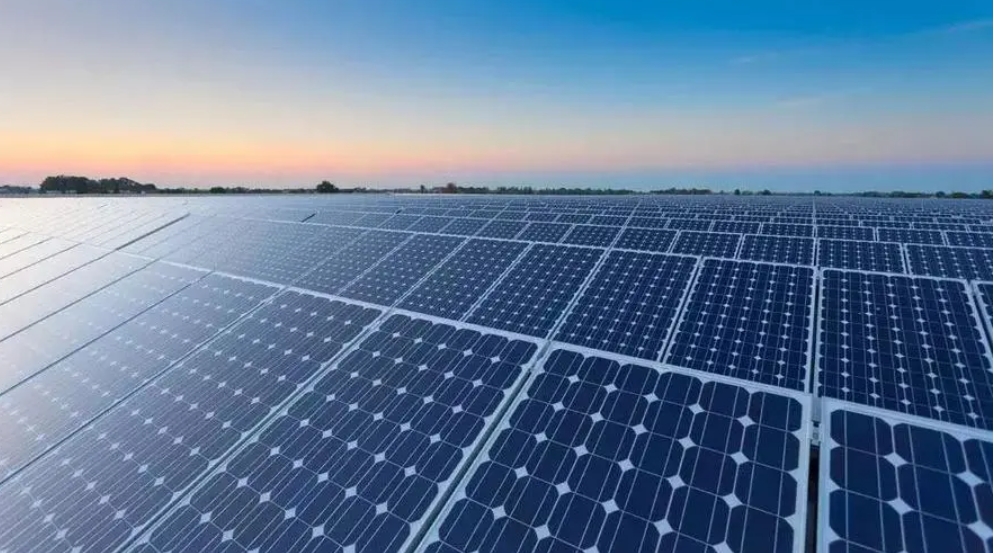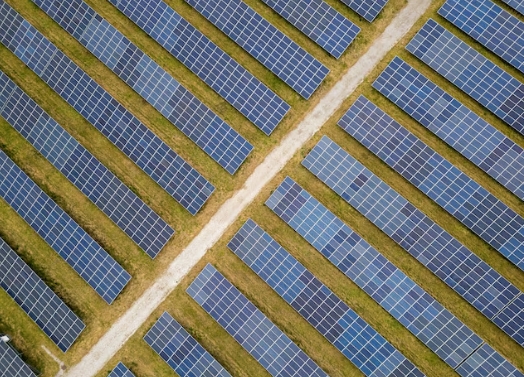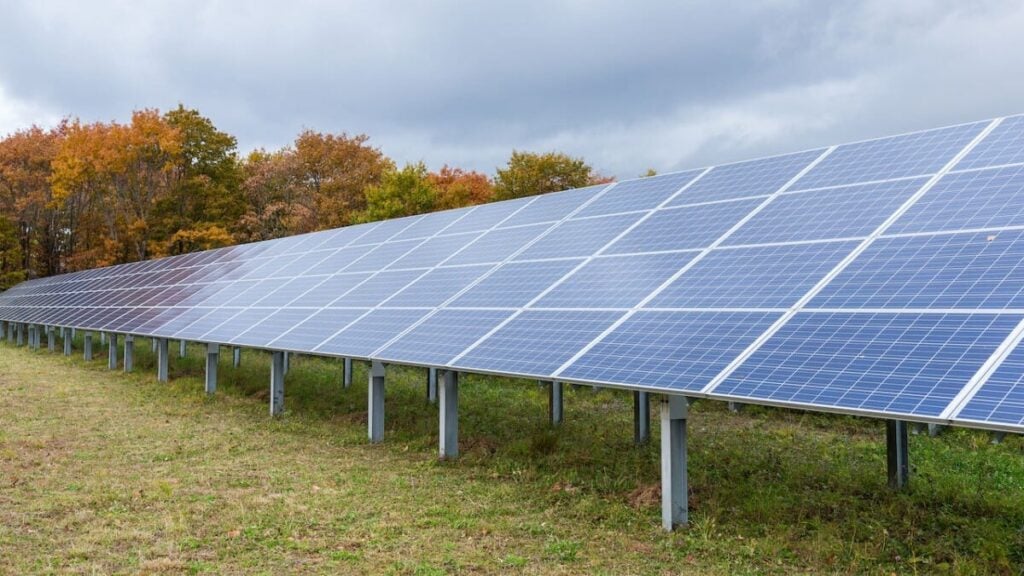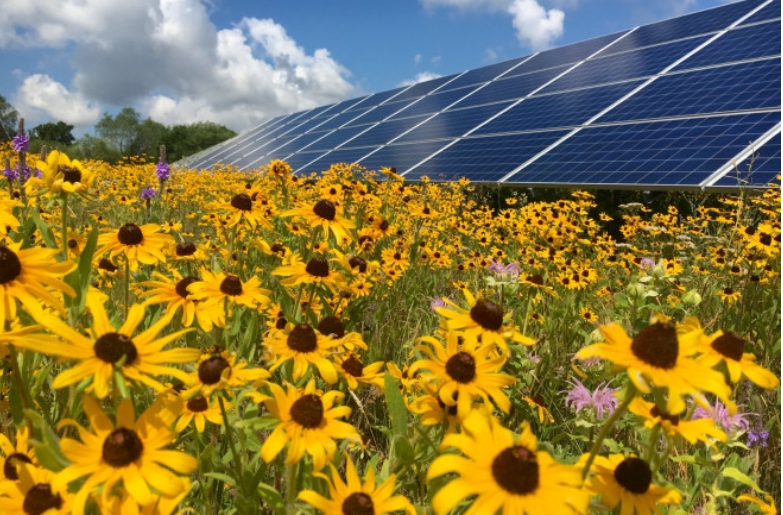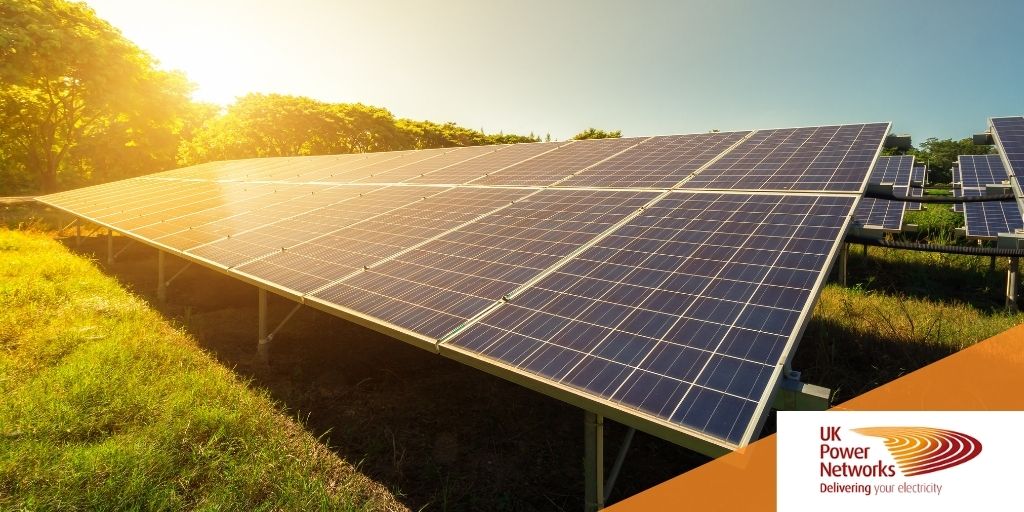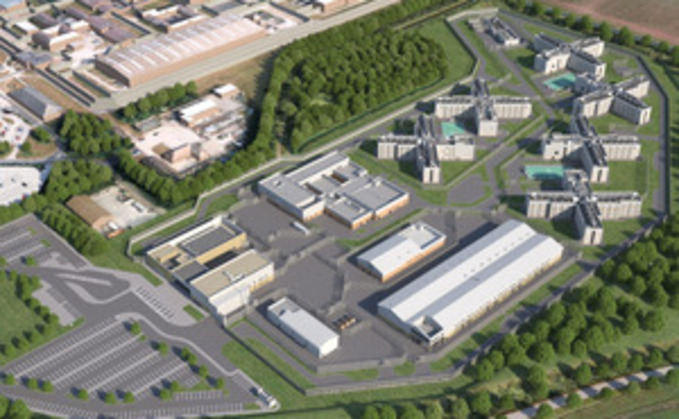If planning permission is granted, RES claims the Nuneham Solar Farm site could provide electricity for over 13,000 homes and save approximately 20,000 tonnes of CO2 emissions yearly.
The site has been designed to enable agricultural use to continue on the land, namely sheep farming. Additionally, the project will include the creation of 2.7km of hedgerows and native tree planting to support biodiversity in the area.
Claire Chamberlain, development project manager at RES, said: “Enhancing local biodiversity is important to RES as demonstrated by a comprehensive Landscape Masterplan which we have submitted alongside our planning application. This sets out immediate and long-term commitments to manage planting and other landscape measures and shows how our Nuneham Solar Farm proposal has the potential to deliver a biodiversity net gain of 70%.
“Solar projects are quick to deploy, enable more energy to be generated domestically improving security of supply and contribute to net zero targets. They are also the cheapest form of new electricity generation, alongside other renewable technologies, which makes developments like Nuneham not just good for the environment but for the consumer too.”
Gaining public support
Solar farms have become a hot-button issue in recent months, with energy security secretary Clair Coutinho recently releasing a statement urging councils to deny planning permission for solar farms on high-quality farmland.
Meanwhile, some members of the public object to solar farms being developed in rural areas. A 49MW solar farm in Northamptonshire was recently denied planning permission after locals raised concerns about the development’s impact on the character and appearance of the landscape.
During the design process for the Nuneham Solar Farm, RES has taken community feedback into account. Changes have been made from earlier proposals, including the relocation and removal of solar infrastructure to reduce the overall size of the site, solar panels being set back a minimum distance of eight metres from public rights of way, and additional planting along sections of public footpaths to reduce visibility of the site and boost biodiversity.
Solar farms have been found to have a positive impact on biodiversity, with a recent report by Solar Energy UK declaring solar farms “havens for biodiversity” and noting that they play an “important role” in nature restoration. Vulnerable animal species, including yellowhammers, starlings, and brown hares, have been seen thriving on solar farms.
